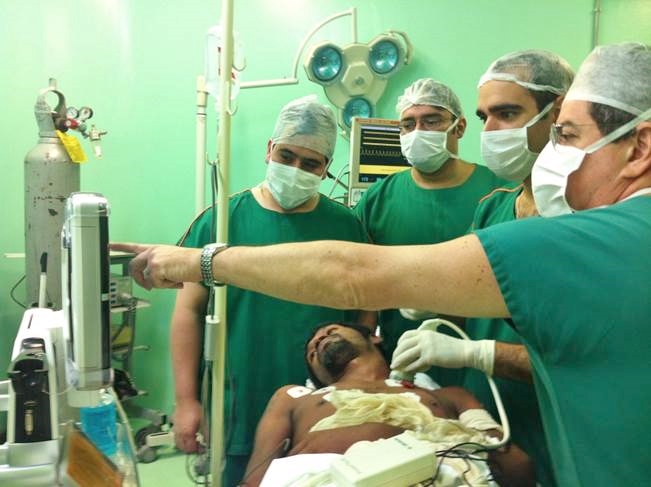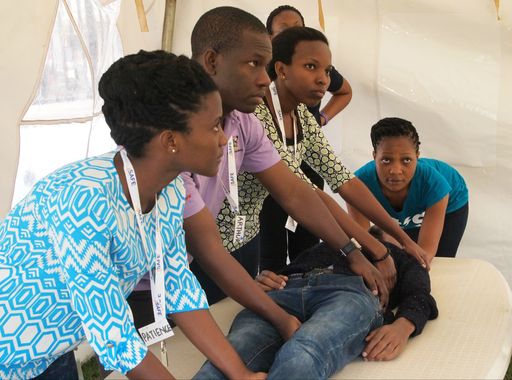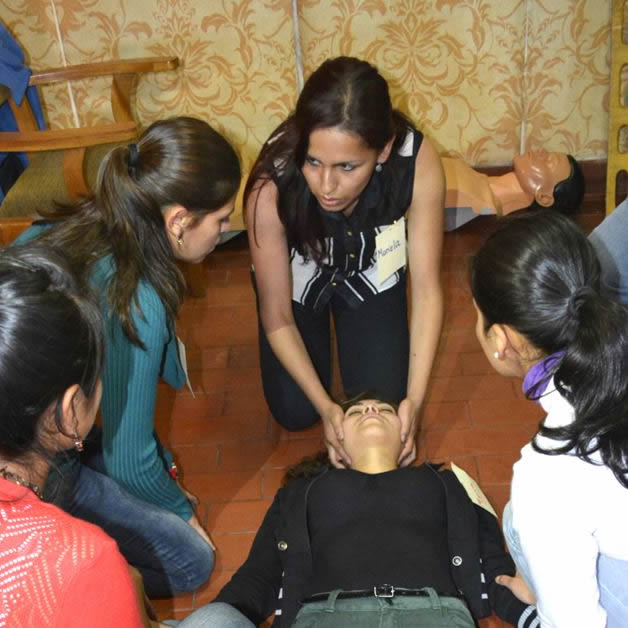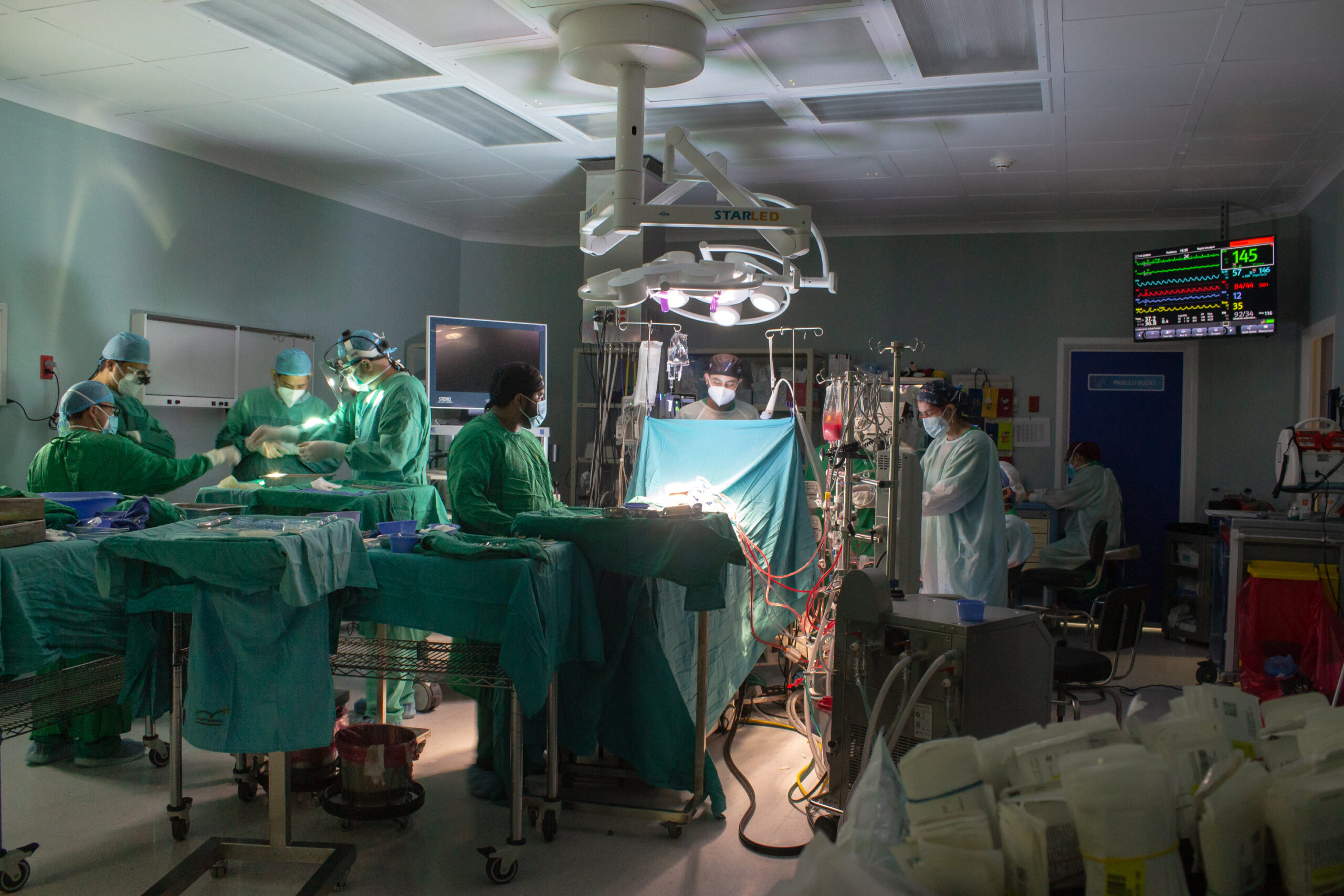Other Short Courses
SAFE Operating Room (OR)
❯
SAFE Operating Room (OR)
The SAFE Operating Room (OR) Course is a multidisciplinary course that focuses on non-technical skills and aimed at training surgical teams including surgeons, nurses, anaesthetists and technicians.
SAFE OR can be delivered as a one to three-day short course, delivered in an interactive style with a few key lectures and rotating breakout sessions that include discussions, demonstrations and low fidelity simulation.
The course includes sessions on leadership, teamwork, communications and decision-making. These key messages are highlighted and reinforced throughout. Other key topics include surgical site infection reduction, anaesthesia and surgical emergencies and the principles of enhanced recovery.
The SAFE OR Course is based on the WHO Guidelines for Safe Surgery and the implementation of the WHO Surgical Safety Checklist, with a focus on training surgical teams in surgical centres
The SAFE OR course was developed by the Association of Anaesthetists and WFSA in partnership with the Royal College of Surgeons of England, the Association for Perioperative Practice, the Royal College of Obstetricians and Gynaecologists, and the Lifebox Foundation.
Inspire Through Clinical Teaching
❯
Inspire Through Clinical Teaching
Inspire Through Clinical Teaching is a 4-day teaching skills course developed in 2016 and supported by the WFSA and the Society of Anesthesiologists of Zambia.
This is an interdisciplinary, inter-professional course consisting of workshops on lesson planning, small and large group teaching, bedside teaching and simulation.
The goals of the course are to improve clinical teaching, mentor course participants to become Inspire Through Clinical Teaching course faculty, and help foster networks of medical educators
Primary Trauma Care (PTC)
❯
Primary Trauma Care (PTC)
The PTC course is a two-day trauma training course, to train health professionals in a systematic approach to the clinical needs of a severely injured patient. A one-day instructor course is held on day three, whereby those successful students and those wishing to become instructors learn how to teach through interactive, modern skill sets.
During the two day course, students are given the PTC manual as a reference book and are trained through lectures, workshops, clinical skill stations and moulage scenarios.
The educational content covers all aspects of the physiological and pathological aspects of the trauma patient, taught in a systematic, interactive way culminating in a practice or examination scenario.
The PTC course adheres to the principles taught in ATLS (Advanced Trauma Life Support). There are other, similar courses around the world, but PTC is unique in three principles:
- The use of mentoring – training trainers, and trainers of trainers, in order to enable cascades;
- Its use of volunteer instructors and very low or zero cost for all trainees; and
- Its low-tech approach, using only the equipment and facilities that are available locally. Together with educational and clinical success factors learned by years of practice on all continents, and with a constant learning attitude, these principles make sustainability possible in reducing the global burden of trauma. Clearly, the limitations in equipment mean that we cannot address all types of injury, but we can address most of them and 80% is better than zero.
More information can be found on the Primary Trauma Care Website
Photo – Primary Trauma Care Foundation






